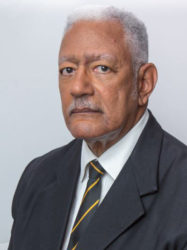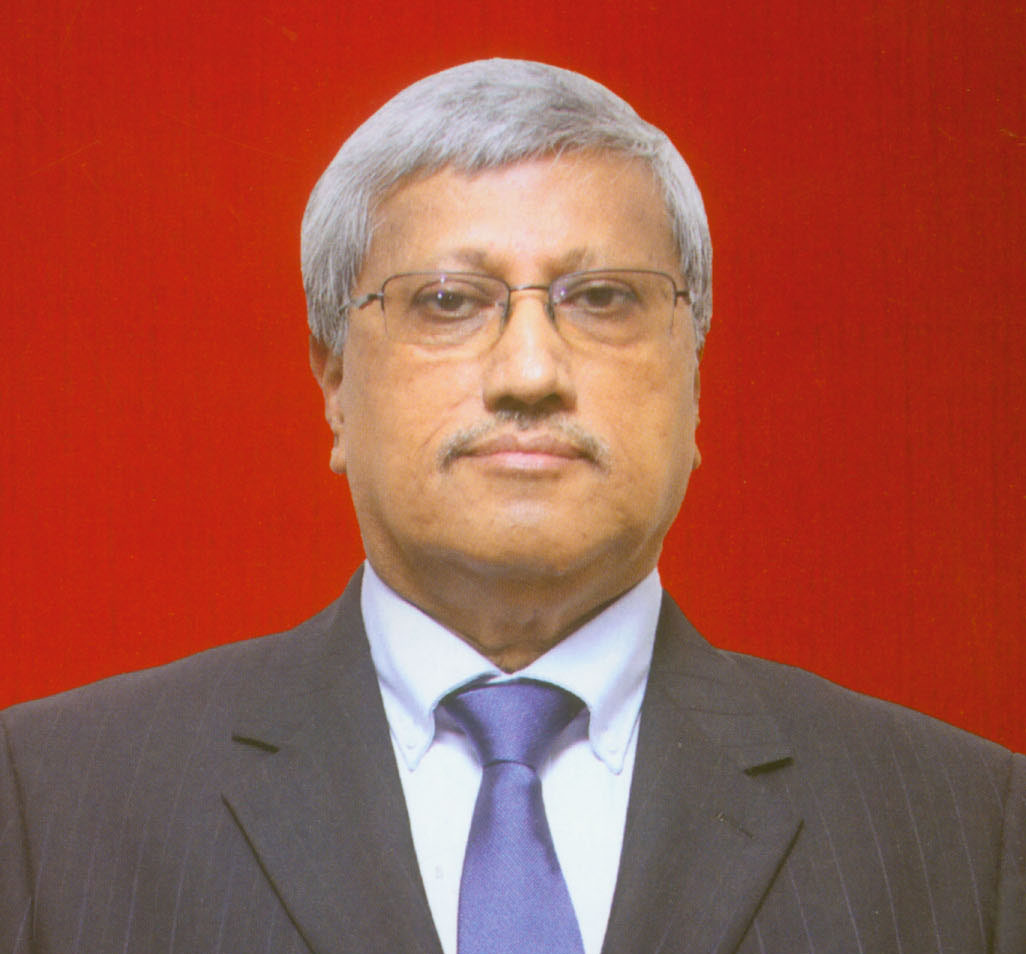Demerara Distillers Limited (DDL) has been forced to import molasses from Nicaragua for use in its rums and other products and will continue for the remainder of this year because of low output by the Guyana Sugar Corporation (GuySuCo).
This was confirmed yesterday by Chief Executive Officer of DDL Komal Samaroo.
“There is this year a deficit which we are trying to fill. I believe that based on the plans of the local sugar company, we should be back to normal domestic supplies as we progress into the next year and subsequent years,” Samaroo told Stabroek News yesterday.
“At this time, I would say that this is purely an interim arrangement and as a result it would not have any significant effect on our overall cost structure at this point and time,” he added.

Following the dismal performance of GuySuCo over the years under the People’s Progressive Party/Civic (PPP/C) government, which saw billions pumped into the industry to keep it afloat, the APNU+AFC government last year decided on the closure of four of its seven estates.
It established a Special Purpose Unit (SPU), headed by economist Colvin Health-London, and entrusted it with responsibility for four shuttered estates: Wales, Rose Hall, East Demerara/Wales and Skeldon.
The closure of the four sugar estates had seen DDL expressing grave concern about preserving the supply of molasses for its rum production, which for decades had come from GuySuCo.
On December 30th last year, DDL had said, “With the impending closure of sugar estates, there will be a considerable shortfall in molasses availability, which is directly related to the reduced projection of sugar production.
“In fact, based on production demand for local and international customers, DDL’s molasses requirement for 2018 is 70,000 tonnes.
“In contrast, GuySuCo has set a sugar production target of 115,000 tonnes at the three estates currently earmarked to remain in operation, with molasses production being pegged at 52,000 tonnes.”
It added that in light of this shortfall, DDL has been “actively exploring” its potential role in the future of the sugarcane industry, and has commissioned a high-level technical and economic feasibility study on “innovative approaches” to use the existing sugar assets to meet the current and future needs for molasses for an expanding distilling industry.
GuySuCo’s output in the first crop of this year has been a disastrous 34,450 tonnes, less than half of what it would usually be with all of the sugar estates functioning. Molasses production is therefore likely to be far below projection.
DDL and the SPU had begun discussions on preserving the molasses supply.
Sources have told this newspaper that DDL, which submitted a bid for the Enmore estate, has already provided monies for the operating of the Enmore factory and this would give it an advantage over other bidders.
Minister of Agriculture Noel Holder, under whose control GuySuCo falls, told this newspaper that even when the remaining three estates that GuySuCo controls are fully functional, no one should expect it to meet the full molasses quota to DDL as molasses production, and by extension overall production, will be scaled down.
He explained, “We are now down to only three estates because as you know, four were shuttered. Logically it follows that production would be down. It follows that molasses quotas would be down and it follows a host of other of other things will be down. In short, commonsense alone will tell us that.”
The current focus of the APNU+AFC government, Holder said, was to have the three estates it controls meet its market targets and gain or surpass projected profits.
“In short, the policy of the government is to limit the amount of sugar to (meet) our preferential markets, which is the CARICOM market and the small quota for the U.S market, where we are getting good prices for our sugar, which is above the cost of our production” the Minister of Agriculture posited.
Late last month, sources at GuySuCo informed that the SPU has not delivered on what had been promised in relation to the production of molasses.
GuySuCo sources say that while the SPU set out to harvest 30,000 tonnes of cane and produce 6,000 tonnes of molasses for DDL from the Enmore factory, the Unit produced only 586 tonnes from 7,369 tonnes of cane. Further, the sources said that there are questions about its quality. The sources say that what has been produced is more like syrup as opposed to molasses as a byproduct from sugar production.
Yesterday, DDL’s CEO did not discuss the quality of the molasses received but he remains confident that when all plans for the industry are in place next year, that his company will get the requisite supply.
GuySuCo currently has no board and this followed a series of mix-ups and miscommunications that led to tensions between the SPU and GuySuCo and continues to date
Government is still to name an official, new board of GuySuCo. In February, what was purported to be a new board chaired by Heath-London had been signified by Minister of State Joseph Harmon. However, this board was not approved by the full Cabinet and the announcement had to be recalled. At last word, Minister of Agriculture Holder was still putting together a new board amid continuing attempts by other sections of the government to have the Heath-London board installed.
Holder yesterday informed that works to find a new board are continuing and that the process was taking time as he was ensuring that when that board is composed, it will be the best the corporation has ever had and will be one that pushed the corporation to produces stellar results.
“We are working on it. All the other boards of the other ministries have been personally appointed. GuySuCo is the one we are having some discussions with NICIL, SPU and other stakeholders to get a board that makes maximum sense for the future of the sugar industry in this country,” he said.
“GuySuCo was the biggest corporation this country had. It impacts more workers than any other field organization so we have to be extremely careful in what we do so that when we appoint a board, it really is a board that don’t attract too much criticisms and so on. We need a board that can really deliver the goods and that is what we are looking for,” the minister added.






